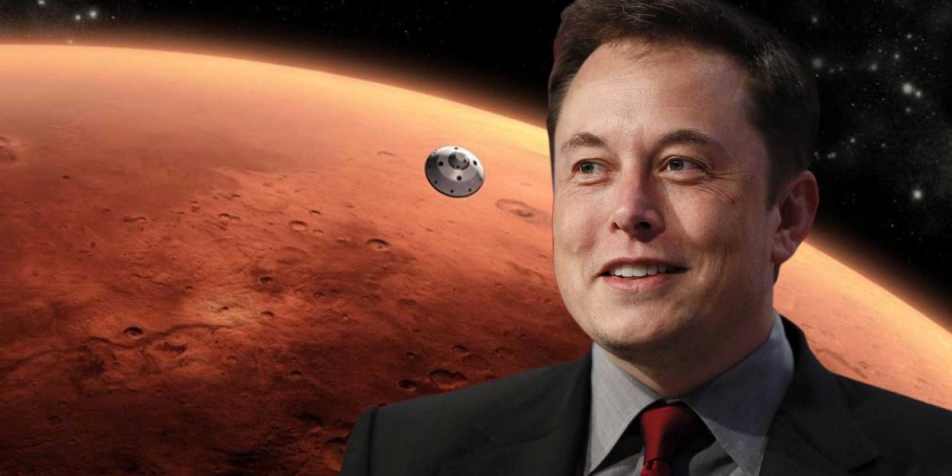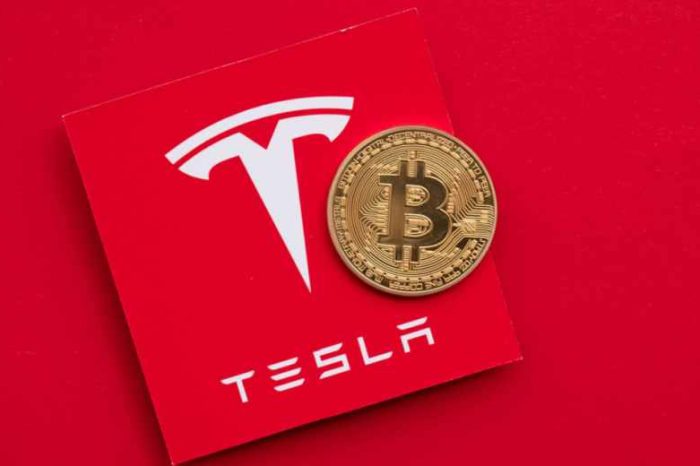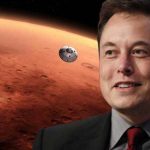Bill Gates says Elon Musk’s vision to colonize Mars is not a good use of money; “rather pay for vaccines than travel to Mars”

Microsoft co-founder is always making headlines. When he’s not talking about vaccines, he’s talking about how to save humanity from the impending doom of climate change. But this time, he’s shifted gears to talk about space as he renews his feud with Tesla CEO Elon Musk.
In an interview with the BBC, which is set to be broadcast this evening, Gates was asked if he thought Musk would qualify as a philanthropist. The Microsoft co-founder responded by saying that he doesn’t think Musk is one at this point but that this may change in the future.
“Things like Tesla are having a positive impact, even without being a form of philanthropy,” Gates said. “I think some day he will join the rank of philanthropists using his ingenuity,” Gates added.
Then Gates went on to question Musk’s ambition of colonizing Mars of which Musk said his space company SpaceX could send Starship to Mars as early as 2024.
When asked by BBC journalist Amol Rajan if going to Mars was a good use of money, Gates said: “Not in my view.” Instead of sending people to Mars, Gates said the money could have been put to good use like for funding vaccine development, one of the programs Gates is passionate about.
“It’s actually quite expensive to go to Mars,” he said. “You can buy measles vaccines and save lives for a thousand dollars per life saved. It just kind of grounds you. Don’t go to Mars.”
The feud between Gates and Musk has been going on for years. Back in April 2022, Musk said he asked Gates if he was short-selling Tesla, which Gates revealed he did. Two years earlier, Gates also revealed he bought himself an all-electric Porsche Taycan, a Twitter user asked: “I wonder why Bill Gates decided to go with the Taycan instead of a Tesla.” Musk responded in a tweet: “My conversations with Gates have been underwhelming tbh [to be honest].”
Musk has been talking about colonizing the Red Planet for over a decade now. In an exclusive interview for “Axios on HBO” in 2018, he talked about moving to Mars but also said there’s a 70 percent chance that he’ll live to ride one of his SpaceX rockets to Mars.
“I know exactly what to do,” he said. “I’m talking about moving there. There’s a “70% chance I go to Mars and there’s a good chance of death.”
Meanwhile, Gates is not alone in talking about Musk’s ambition to colonize the Red Planet. His vision to go to Mars has been dismissed as a fantasy by some scientists and space experts. But Musk is resolute about going to Mars. In December 2020, Musk said he remains “highly confident” that SpaceX will land humans on Mars by 2026, adding that it’s an achievable goal “about six years from now.” He said that SpaceX plans to send a Starship rocket without a crew “in two years.”

